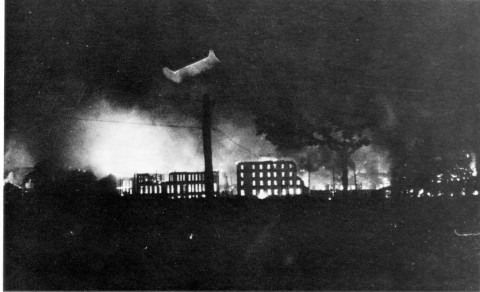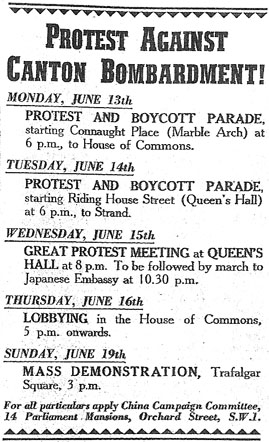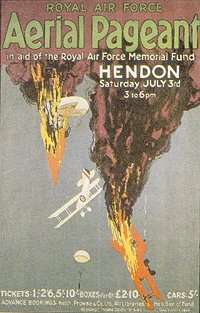Guernica — IV
[Cross-posted at Revise and Dissent.] Here’s a confession: I don’t really get Guernica — the painting, that is, not the event (which is why I haven’t mentioned it in this series until now). I understand that it’s a passionate reaction by a great artist to the tragedy unfolding in his own country. It’s physically imposing, […]




